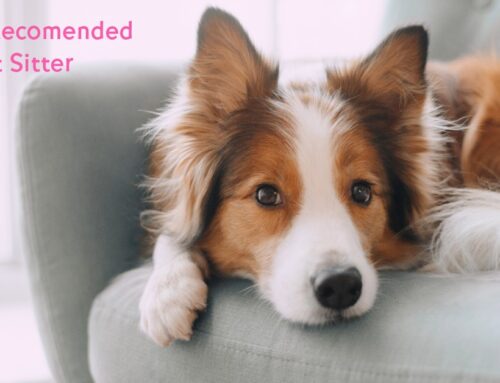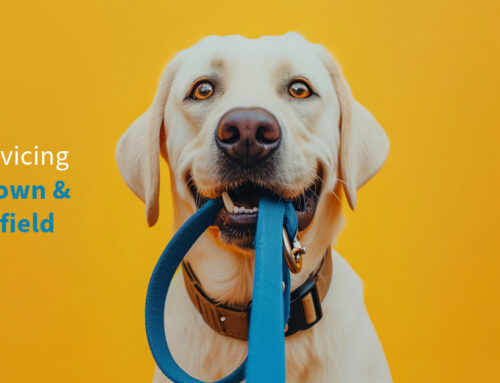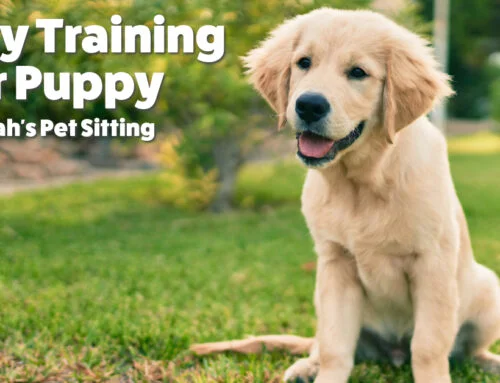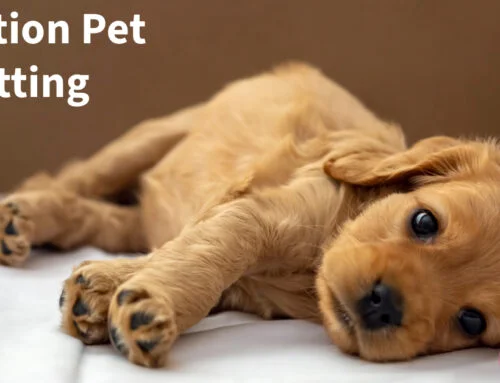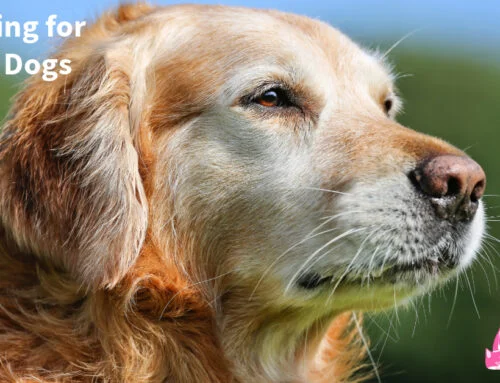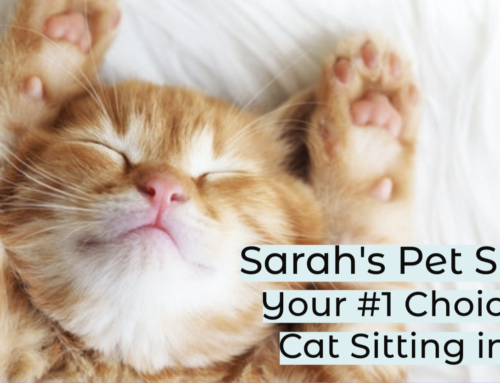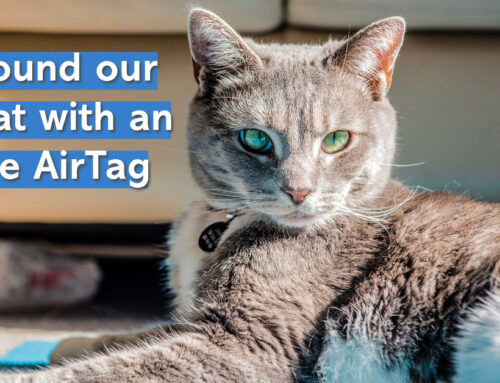Puppy Socialization During Covid19
By Laura CPDT-KA of Sarah’s Pet Sitting
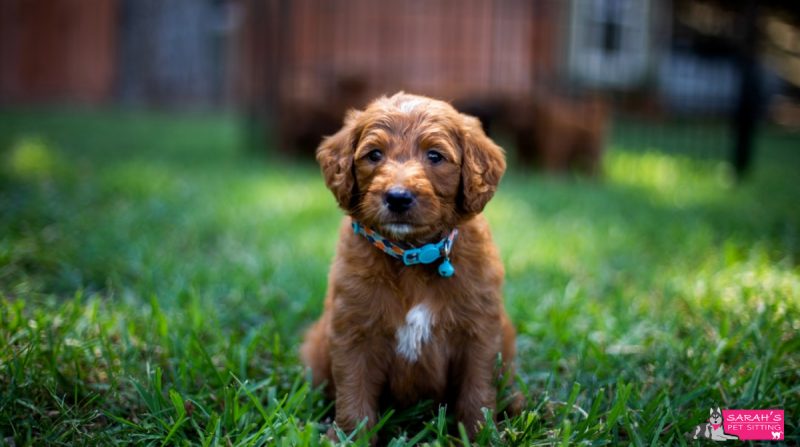
As a puppy caretaker you want what is best for your puppy and one thing they will need is to be properly socialized to humans, other pets and the world we live in. However with Covid concerns most of the usual avenues for allowing your puppy to interact with and experience everything they should are closed to us. What can we do while staying safe and socially distant to allow our pups the experiences they need to be well rounded adults?
Socialization is defined as the process of learning to behave in a way that is acceptable to society. When we speak of socializing puppies what we are mostly referring to is the critical socialization window that is open for puppies starting around 3 weeks old and continuing until they are around 16 weeks old. It is a very short period of time in which a puppy will be able to learn what is ‘normal’ and not something to be afraid of and what is ‘novel’ or new and potentially dangerous.
It is also a time in which a puppy is learning about boundaries with other dogs and with humans. Puppies in play with other dogs or humans will learn what works to allow play to continue and what makes play stop and upsets their play partner. It is important to have these experiences if the pup is to grow up and be socially competent with other dogs and humans.
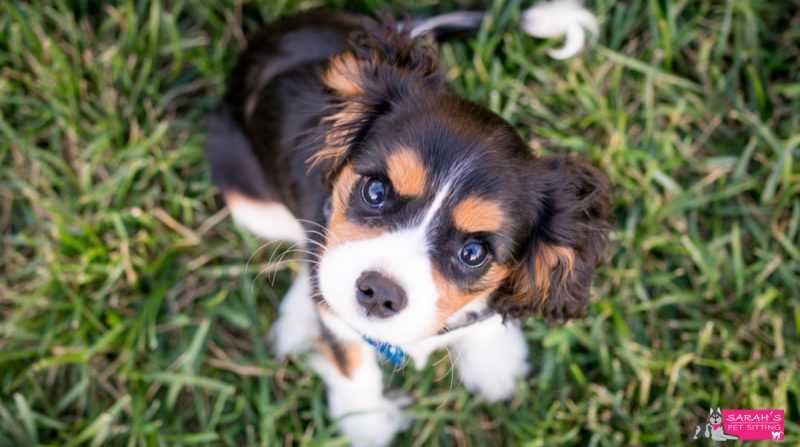
Socialization is NOT about just tossing your puppy into the mix to sink or swim on their own.
It is a chance for your puppy to learn, with your support, that the world is full of awesome things. Support does not mean pushing your puppy into situations they are afraid of so they can learn it won’t hurt them. But it is about helping your puppy explore the world in a safe way.
Providing support can look different in different situations. Usually it means being present for your puppy to ensure your pup isn’t overwhelmed and encouraging your puppy to try again. Providing treats, comfort, and play as required. Provide treats when your puppy is calm or offering polite behavior like sitting to greet a new human. Provide comfort when your puppy is worried about something. Comfort is different to every puppy but most pups like being close with a hand on their shoulder or chest rubbing slow soothing circles. Pups usually don’t like being patted on the head or back when they are worried. Play is super helpful when your puppy is comfortable in a new situation to allow a puppy to learn about how they fit in the space.
So how can you make sure to do all this when you can’t really introduce your pup to ever other dog and person you see?
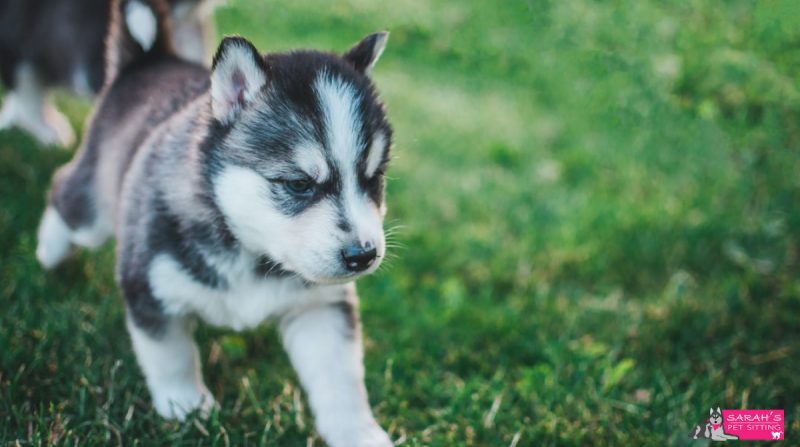
Here are some suggestions of great activities:
Invite your friends with dogs over, or go over their house. Look for adult dogs who are calm and friendly to puppies and who like interacting with puppies. Look for healthy reciprocal play where both dogs are relaxed and happy without being overly excited. Look for play that switches back and forth so that first one pup is chasing or wrestling and then later that pup is being chased or wrestled. If you have a friend with a pup the same age and size that could be a good match too.
Go to Walmart or the Grocery store parking lot. Don’t go inside, but just hang out with your car door or hatchback open. Let your pup watch people walk by and provide treats or play or cuddles as your pup requests. Letting your pup see people but not interact with them is an important stage of socialization. Your dog may not be able to interact with every human he sees so learning early that that is okay is very helpful.
Go to the parks or walking trails and sit on a bench or blanket with your pup and watch people walk by. Give your pup lots of treats and cuddles whenever you see another dog. Teach your pup that not every dog needs to be approached and really good things happen when they ignore them. This will lead to having an adult dog that can be patient around other dogs and won’t feel so much need to drag you to every new friend they see.
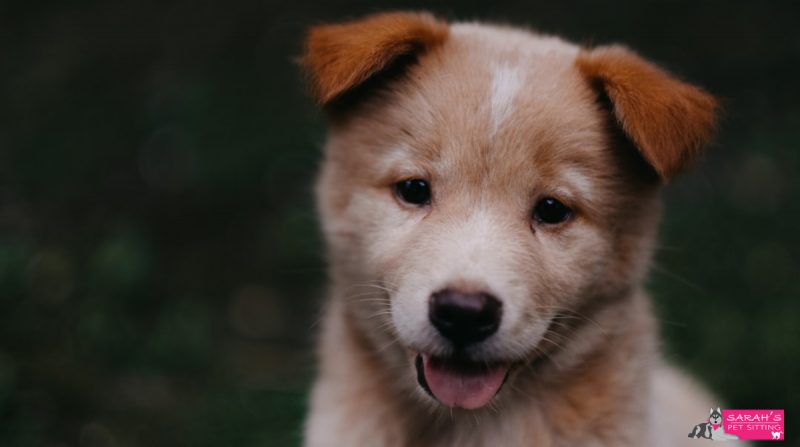
Invite friends from your close circle over to interact with your pup. Insist that everyone (especially your pup) follow the rules that your pup must be calm before they are able to interact with them. If you have friends with children that can be helpful too. Make sure to supervise all children with your puppy carefully. Both children and puppies are often unaware that they are hurting or scaring each other. Directing children to ask a dog to ‘sit’ and give him a treat is an excellent interaction for both parties.
If you still feel like you are not doing enough or you are concerned about your puppy’s behavior during this time, please contact a certified professional trainer to come out and evaluate your puppy in person and offer advice and suggestions. Here at Sarah’s Pet Sitting we offer this service as private in home training or through zoom or another interactive video call platform.

